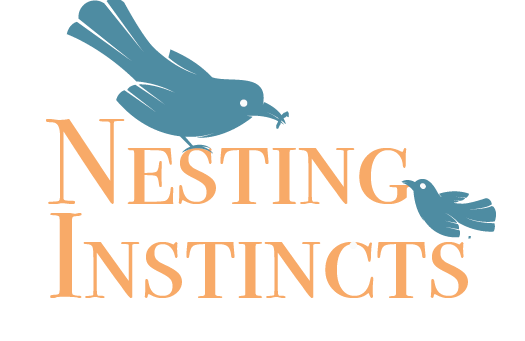Republished from ScienceDaily.com / Source: BMJ (Medical Research Journal collective)
Premature babies often need time to grow in incubators.
Probiotics taken during pregnancy might help lower the risks of pre-eclampsia and premature birth, suggests observational research in the online journal BMJ Open. But timing may be crucial, the findings indicate.
Pre-eclampsia, a condition in which the mother's body mounts an exaggerated inflammatory response, affects up to 8 percent of all pregnancies, and can lead to severe complications for both mother and baby.
Premature birth (before 37 weeks) is a leading cause of illness and disability among the children born, affecting nearly one in 10 births in the US.
A growing body of evidence suggests that the mother's diet influences the outcome of pregnancy. And previous research has suggested that probiotics -- live bacteria and yeasts thought to promote good health -- might reduce certain complications of pregnancy.
To find out whether the timing of intake might be influential, the researchers used data on more than 70,000 pregnancies from the Norwegian Mother and Child Cohort Study (MoBa).
As part of the MoBa study, mums-to-be provided information on their diet, lifestyle, medical history, and other relevant background factors at 15, 22, and 30 weeks of pregnancy.
At 15 and 30 weeks, the questions included additional information on intake of different milk products containing probiotic bacteria before and during their pregnancy.
Nearly one in four (just over 23%; 6502) women said they had consumed probiotic milk products before their pregnancy; more than a third (over 37%; 11,221) had done so during early pregnancy; and a similar proportion (just over 32%; 12,784) had done so late on.
Intake of probiotic milk products was more common among older, more affluent and better educated women, who were pregnant for the first time.
Among the 37,050 women included in the pre-eclampsia analysis, the condition was diagnosed in one in 20 (5%; 1851). In 550 of these cases, it was severe. Probiotic intake was associated with a 20 percent lower risk of the condition, but only during late pregnancy.
And when differences between the severity of pre-eclampsia were looked at separately this association was significant only for those whose condition was severe.
Among the 34,458 women included in the premature birth analysis, 2858 babies were born early, some 1795 of which were spontaneous premature births, and 1065 of which were iatrogenic -- in other words, caused by the consequences of medical treatment.
A significant association emerged between probiotic intake during early pregnancy and an 11 percent lower risk of premature birth, rising to 27 percent for preterm birth late in the pregnancy.
The amount of probiotic consumed didn't seem to make any difference, the findings showed.
This is an observational study, so no firm conclusions can be drawn about cause and effect, nor were the researchers able to account for strain viability or shelf life, both of which may have influenced the findings. Further research is required, they emphasise.
Nevertheless, they conclude: "If future randomised controlled studies support a protective effect of probiotic consumption on reduced risk of pre-eclampsia and preterm delivery, recommending [it] would be a promising public health measure to prevent these adverse pregnancy outcomes."
Story Source:
Materials provided by BMJ. Note: Content may be edited for style and length.
Journal Reference:
- Mahsa Nordqvist, Bo Jacobsson, Anne-Lise Brantsæter, Ronny Myhre, Staffan Nilsson, Verena Sengpiel. Timing of probiotic milk consumption during pregnancy and effects on the incidence of preeclampsia and preterm delivery: a prospective observational cohort study in Norway. BMJ Open, 2018; 8 (1): e018021 DOI: 10.1136/bmjopen-2017-018021
www.sciencedaily.com/releases/2018/01/18012323513




